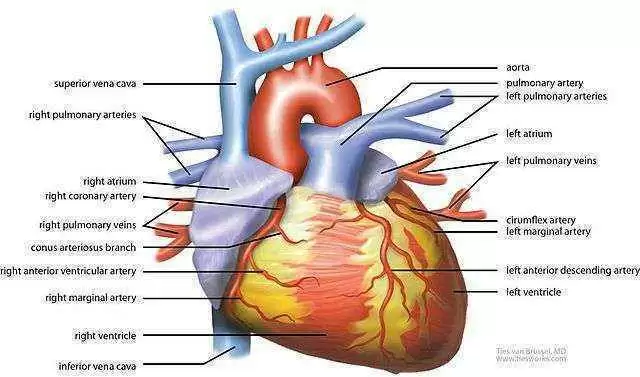
Celiac.com 07/25/2013 - Numerous studies have shown that people with immune-mediated disorders can suffer from accelerated progression of atherosclerosis and increased cardiovascular risk, but few studies have been done for people with celiac disease.
 A team of researchers recently looked at young adults with celiac disease to see what, if any, added risk they may have for developing atherosclerosis.
A team of researchers recently looked at young adults with celiac disease to see what, if any, added risk they may have for developing atherosclerosis.
Celiac.com Sponsor (A12):
The research team included S. De Marchi, G. Chiarioni, M. Prior, and E. Arosio. They are variously affiliated with the Department of Medicine,and the Division of Vascular Rehabilitation in the Department of Medicine at the University of Verona in Verona, Italy, and with the Division of Gastroenterology and Hepatology, Center for Functional GI and Motility Disorders at the University of North Carolina in Chapel Hill, North Carolina.
The team wanted to assess instrumental and biochemical signs of atherosclerosis risk in 20 adults at first diagnosis of celiac disease and again after 6–8 months of gluten-free diet with mucosal recovery. They used twenty-two healthy members of the hospital staff as matched controls.
For their study, the team analyzed total, high-density lipoprotein (HDL) and low-density lipoprotein (LDL) cholesterol, triglycerides, homocysteine, C-reactive protein, folate and vitamin B12.
They also conducted ultrasound measurement of carotid intima-media thickness (IMT) and endothelium-dependent dilatation at diagnosis and after gluten withdrawal.
The team found average total and HDL-cholesterol (HDL-C) to be within the normal range, at baseline, while average LDL-cholesterol concentration was slightly higher.
Diet was tied to increment in total and HDL-C (68.2 ± 17.4 vs. 51.4 ± 18.6 mg/dL; P < 0.001). Meanwhile, total/HDL-C ratio was substantially improved (3.05 ± 0.71 vs. 3.77 ± 0.92; P < 0.02).
Overall plasma homocysteine was elevated and not changed by diet, while C-reactive protein dropped significantly with diet (1.073 ± 0.51 vs. 1.92 ± 1.38 mg/dL; P < 0.05).
At baseline, celiacs showed increased IMT (0.082 ± 0.011 vs. 0.058 ± 0.012 cm; P < 0.005), with decreased endothelium-dependent dilatation (9.3 ± 1.3 vs. 11.2 ± 1.2%; P < 0.05). A gluten-free diet returned both of those factors to normal.
According to these results, vascular impairment and unfavorable biochemical risk pattern increase the potential for young adults with celiac disease to develop early atherosclerosis. This increased risk may be largely due to chronic inflammation.
The good news is that adopting a gluten-free diet seems to return the body to a healthy mucosal state and returns the body to the normal risk levels of a healthy non-celiac person.
Source:
- Open Original Shared Link






Recommended Comments
There are no comments to display.